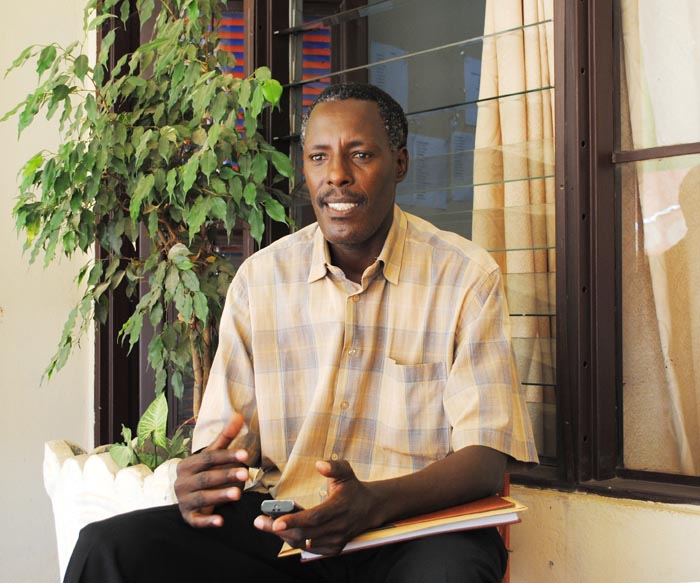The Secondary School Teachers’ National Council (CONAPES) stands against the administration authority’s interference in teaching daily activities. A particular case is about Rukina Communal College where Mugongomanga Administrator and Communal Council Chairman participated in a deliberation session. An interview with Emmanuel Mashandari, the CONAPES Chairman- by Lorraine-Josiane Manishatse
What is your main complain?
CONAPEES is entirely disappointed of the involvement of the administration authorities in educational matters. They should not interfere in education management because it is not their competence. That behaviour may degrade the education system in Burundi.
What did really happen?
At Rukina Communal College, a student from 9th year failed after a 2nd session examination. The student complained that he had been unjustly dismissed. Then, the Headmaster and the deliberation panel were obliged to review the deliberation. They found again that the student failed because he didn’t fulfil the required conditions to succeed. The panel decision was that the student should repeat the class. Once again, the student appealed to DPE, the Provincial Educational Director. This one compelled the school jury to proceed to another deliberation session, where the Mugongomanga Administrator and Communal Council Chairman took part. Fortunately, the director and teachers refused to be dictated and finally the student didn’t advance the class because the deliberation criteria remained the same. I take this opportunity to encourage and thank both teachers and the Director of Rukina for the good example and behaviour of educators. I think they will be a good model to others.
Are there any similar cases in other schools?
Other cases occurred at Mwaro province in Communal college of Rorero, and at Muramvya in Communal Lycée of Shombo, where the Regional Educational Inspector asked for a 3rd deliberation, in order to help students to succeed though their weakness.
What piece of advice can you address to Burundians?
I first ask the Ministry of Education to follow up the evolution of that situation because it is something which can worsen Burundi education.
I also call upon parents to encourage their children to work hard instead of being lazy looking for free marks and seeking to corrupt teachers. What is most essential is not to advance from one class to another but to acquire knowledge. I beg school children to be conscious that they are responsible of their own success and progress at school. As far as teachers and school authorities are concerned, they must defend their honour and dignity because the future of Burundian youth will depend on their teaching quality and behaviour.




















 IWACU Open Data
IWACU Open Data

